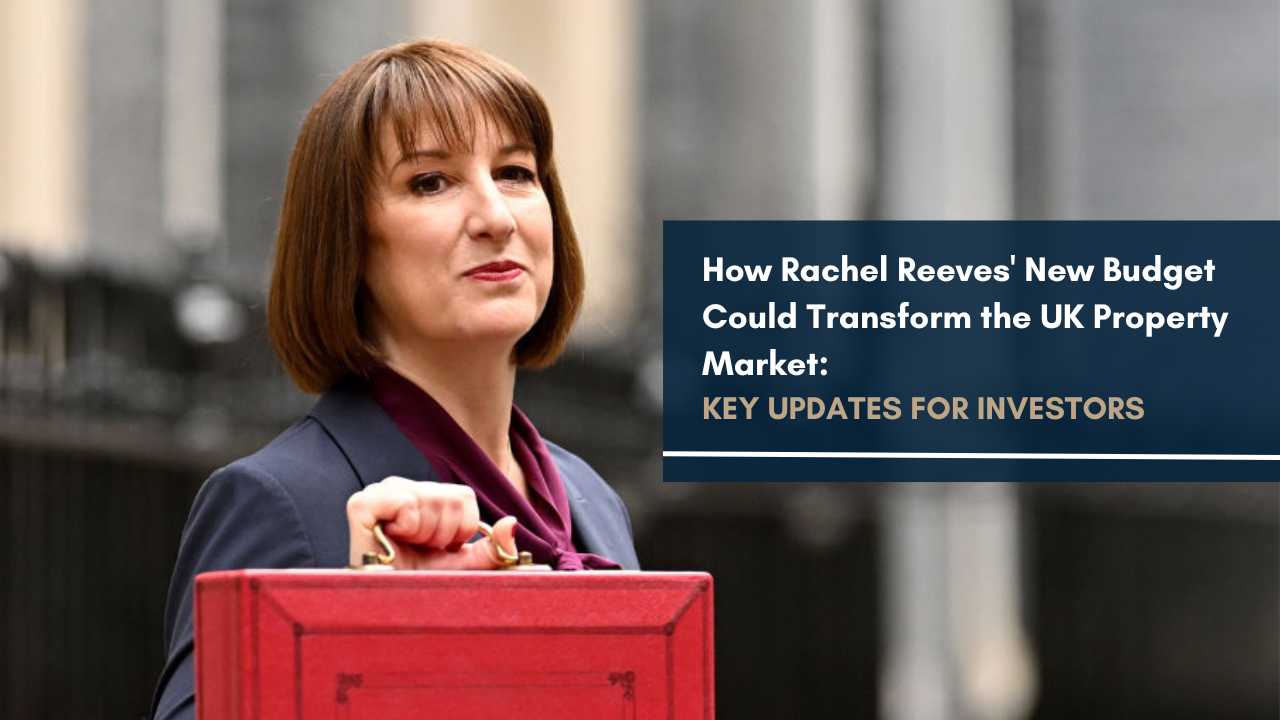Investing in the UK’s off-plan property market can be a lucrative venture, with the potential for significant returns.
However, just like any investment, it’s not without its risks. One of the crucial steps in managing those risks is performing due diligence – a comprehensive assessment of all potential aspects of the deal before you commit. Here, we’ll discuss the key components of due diligence when investing in off-plan properties in the UK.
1. Understand the Market
The first step is to understand the market you’re investing in. That includes studying the supply and demand dynamics, the economic environment, and property price trends in the area. Look for emerging areas where infrastructure improvements or developments are planned, as these can have a positive impact on property values. Consider factors such as the area’s employment rates, population growth, and the average income, as these can influence rental demand and yields.
2. Know Your Developer
When you invest in an off-plan property, you’re placing a considerable amount of trust in the developer. Therefore, it’s essential to research the developer’s track record. What is their reputation like? How many projects have they successfully completed? How do they handle project delays or problems? It can be worthwhile to visit some of their previous projects, meet with previous buyers, or read online reviews to get a sense of their reliability and the quality of their work.
3. Solicit Legal Advice
Acquiring an off-plan property involves navigating a complex legal landscape. Contract terms may include clauses and conditions that can impact your investment returns. It’s advisable to engage an experienced property lawyer who can scrutinise the sale agreement and explain the potential risks and obligations. They can also help verify that the developer has all the necessary permissions and licenses.
4. Review the Financials
Take a close look at the financial aspects of the deal. This includes understanding the payment structure, looking at projected rental yields, and considering potential maintenance costs. It’s also essential to review the implications of the investment on your tax situation. Consider seeking advice from a financial advisor who specialises in property investment.

5. Independent Property Valuation
It’s worth getting an independent valuation of the property, based on the proposed plans and the current market. This can help you assess whether the asking price is reasonable and supports your investment objectives.
An independent property valuation for off-plan investments provides an unbiased estimation of the property’s potential market value, considering the proposed plans and broader market trends. This valuation helps verify the developer’s pricing, assess investment feasibility, and identify potential overvaluations. Regular valuations throughout the development process allow investors to stay informed and adjust their strategies, aligning their investment goals with potential returns.
6. Contingency Planning
Off-plan properties carry the risk of delays or even project cancellations. Therefore, it’s prudent to consider what contingencies are in place should something go wrong. Check if there’s a clear policy about what happens in the event of delays or if the developer becomes insolvent. Ensure you’re comfortable with the protections in place before investing.
7. Inspect the Plan
Review the property’s plans meticulously. Ensure that what is being offered on paper matches your expectations. Check the proposed layout, the quality of the finishes, the appliances, and the fittings. If possible, visit a show home or a completed property by the same developer to get a sense of what you can expect.
Conclusion
Investing in off-plan property in the UK can offer great rewards if approached wisely. By conducting comprehensive due diligence, you can ensure that you understand the risks involved and make an informed decision. Engaging professionals such as property lawyers and financial advisors can provide valuable insights and help protect your interests. Remember, knowledge is power when it comes to property investment.
































